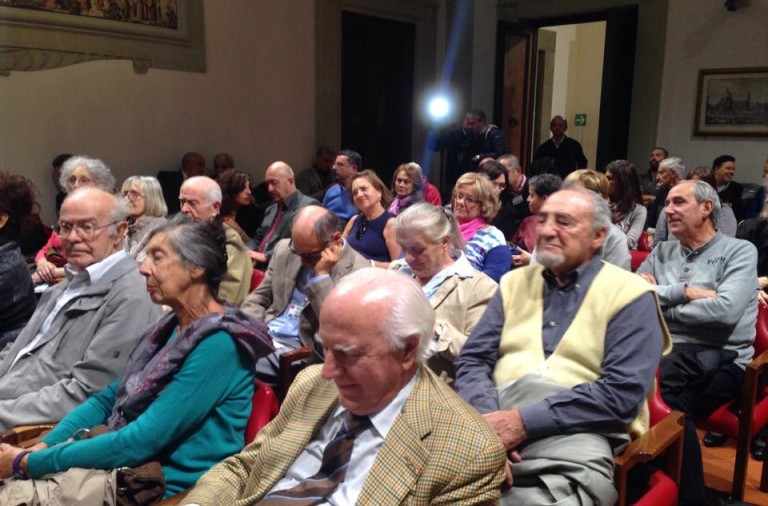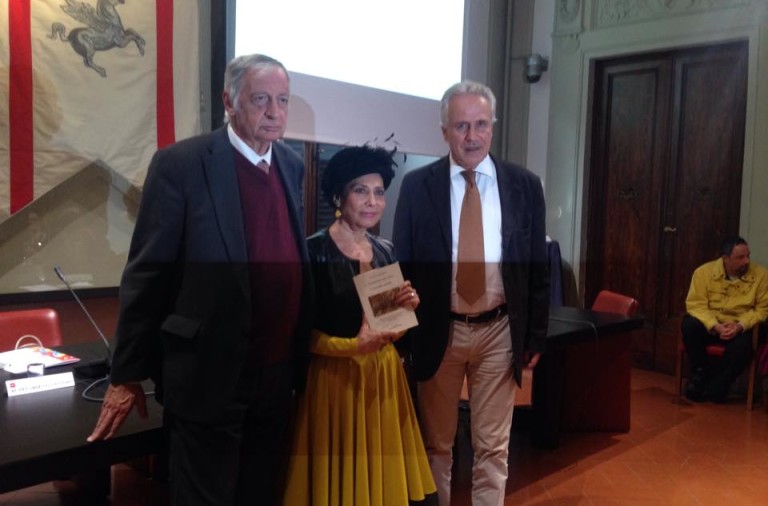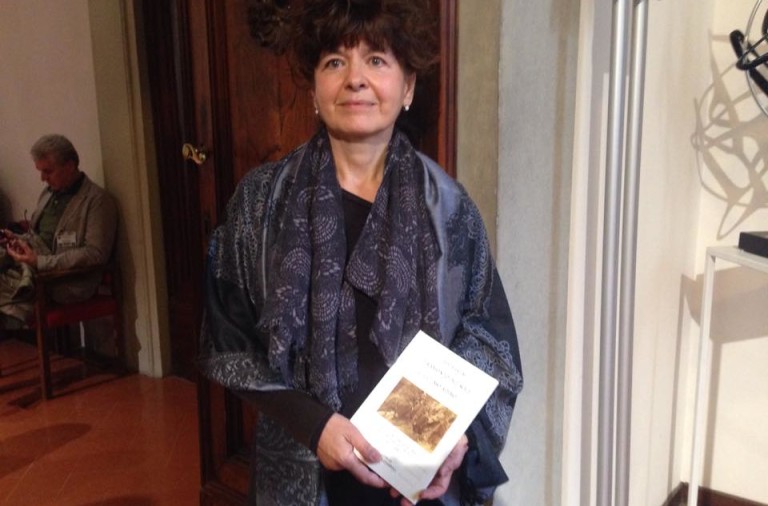Articolo disponibile anche in: Italian
Ottavio Martini was a farmer from Lucolena, a little village in Greve in Chianti area, nearby San Michele mountain. He went off to First World War, he was woundend, but he escaped to death during one of the biggest tragedies of humanity.
As many of his fellow soldiers, he wrote a diary about those terrible days, but he did it as none of his friends, he wrote the diary in hendecasyllable verses divided in perfect Dantean tercet.
His story would have remained unknown, but thanks to the curiosity and tenacity of Monica Ciampoli, a woman of our times, we can apreciate the value of this event in a book made by two poems of Ottavio Martini: “The sunset of the sun” and “The last farewell” that tells the horrors of war lived by the protagonist at the front line on Carso, the stay in hospital and the hard pain for the death of his wife Assuntina, died cause of the spanish flu very dangerous at that time.
Ottavio Martini was the uncle of Monica Ciampoli’s mother: he was born in 1885, died in 1964, a never-known uncle of which she heard only in her grandmother’s stories, named Fedora, dressmaker in Lucolena, she lived until 2008.
About 20 years ago, Fedora found that diary, tells Monica “paper-covered with geometric little drawings, that was the paper used at that time to cover the drawers”.
Monica did just in time to copy those pages, grandmother Fedora promised to give her the diary, but it disappeared, taken by some acquaintance who has lost or threw away it.
The “magic moment” as the author call it, a sort of hispiration arrived in 2014, after she read the posthumous romance by Oriana Fallaci “Un cappello pieno di ciliegie (an hat full of cherries)”, so she decides to tell the story of Ottavio’s diary, almost forgotten in a drawer.
It begins in this way, a slow and hard translation work of the manuscript, make it more difficult by the poor quality of the sheets and by the historical reconstruction of Ottavio Martini’s character.
At the end, thanks also to the information obtained by the registry office of Greve in Chianti City Hall and by the Record Office, the hisory of Ottavio Martini appears in its completeness.
A difficult undertaking, as admits the editor of the book, that has bring to light an extraordinary historical and human testimony of life.


